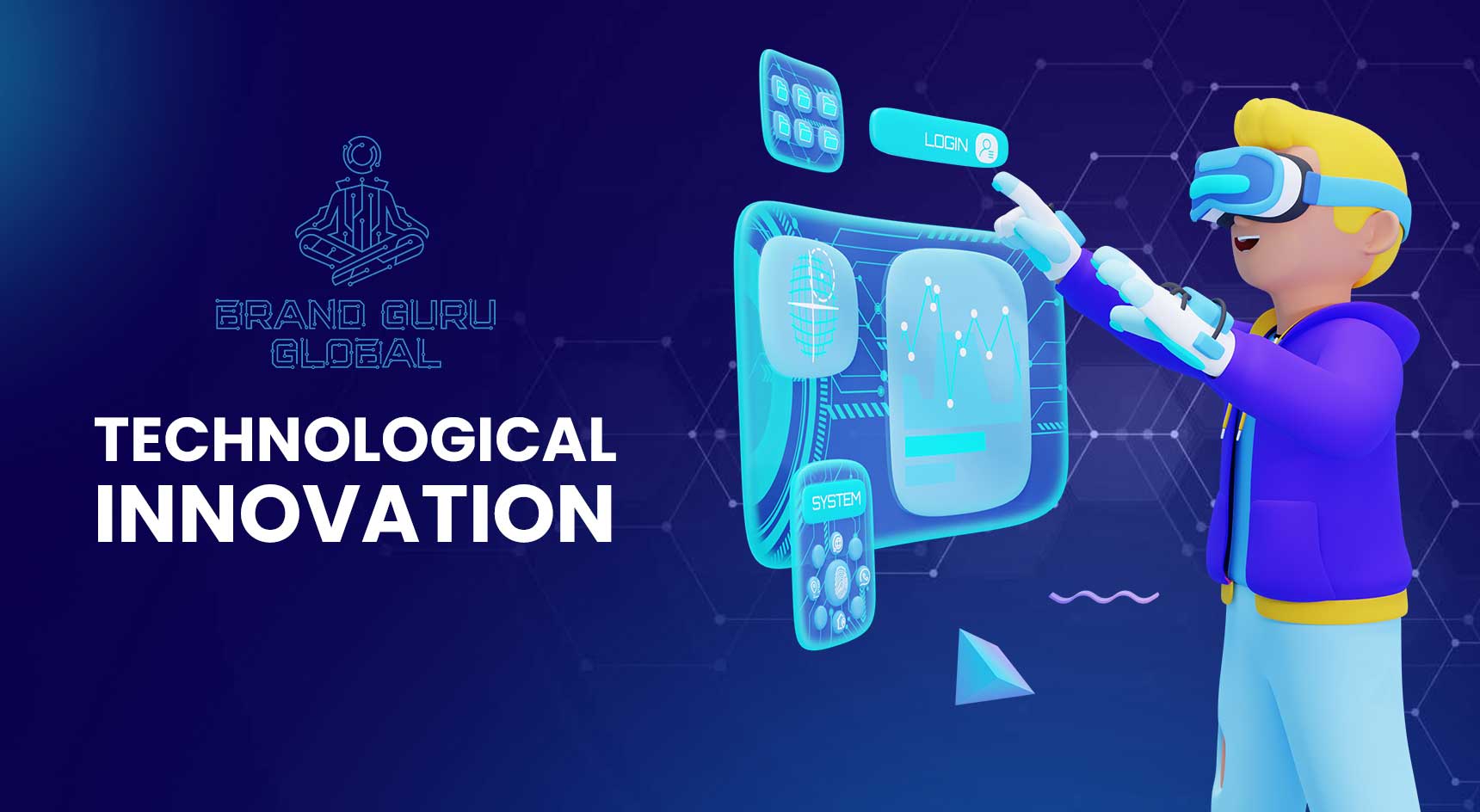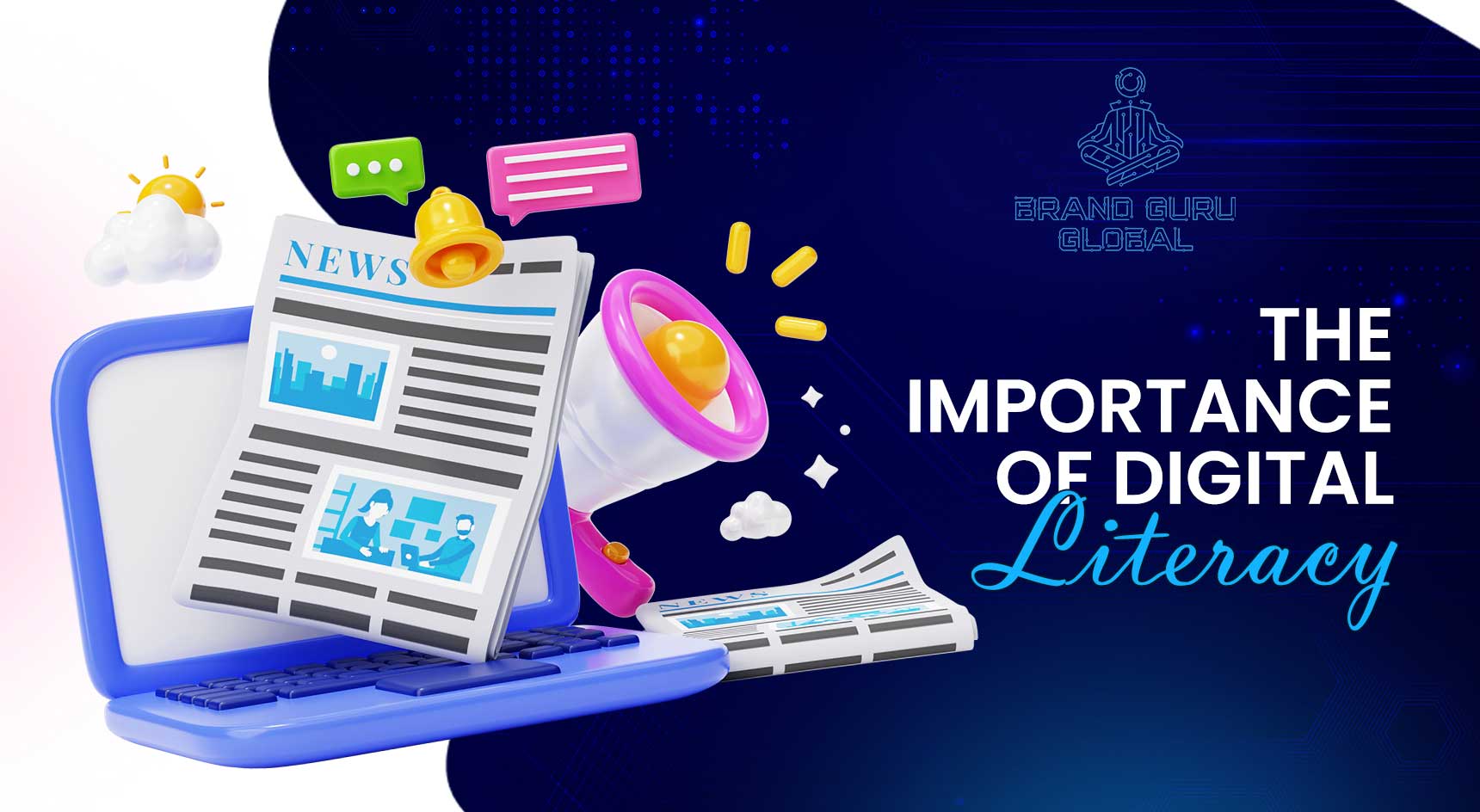In the heart of emerging markets, a digital revolution is underway, and at its core is the urgent need for digital literacy. The youth, armed with digital skills, are not just consumers but catalysts for change. In this enlightening blog post, we explore the vital role of digital literacy in integrating youth into the global digital economy and its profound impact on digital marketing strategies.
Enhancing Economic Opportunities
Digital literacy opens doors to economic opportunities. With access to online resources and e-learning platforms, the youth can acquire skills that are in high demand in the digital job market. From coding to digital marketing, these skills empower them to secure employment or become entrepreneurs, driving economic growth in their communities.
Reference Link: Digital Literacy and Economic Empowerment
Bridging the Urban-Rural Divide
In many emerging markets, there exists a divide between urban and rural areas. Digital literacy acts as a bridge, connecting remote regions with the global economy. Online marketplaces enable rural artisans and entrepreneurs to showcase their products, expanding their customer base beyond geographical constraints and boosting local economies.
Reference Link: Digital Literacy and Rural Development
Inclusivity and Social Change
Digital literacy is a powerful tool for social inclusion. Through social media and online platforms, marginalized voices find an audience, leading to increased awareness about social issues. Empowered with digital skills, the youth can mobilize communities, advocate for change, and contribute to the development of inclusive policies.
Reference Link: Digital Literacy and Social Inclusion
Revolutionizing Education

Digital literacy transforms traditional education methods. E-books, interactive learning software, and online courses provide diverse and engaging educational experiences. Educators can tailor lessons to individual learning styles, ensuring a comprehensive and personalized learning journey for every student.
Reference Link: Digital Literacy in Education
Strengthening Digital Marketing Strategies
Digital literacy is the cornerstone of effective digital marketing. Understanding SEO, social media algorithms, and data analytics equips businesses with the knowledge to create targeted marketing campaigns. Digitally literate marketers can analyze consumer behavior, optimize online presence, and establish a competitive edge in the global market.
Reference Link: Digital Marketing Trends
Cultivating Critical Thinking and Media Literacy
Digital literacy equips individuals with the ability to critically evaluate information found online. By honing critical thinking skills, the youth can discern reliable sources, identify misinformation, and make informed decisions. Media literacy, a crucial component of digital literacy, empowers individuals to navigate the complex world of media, enabling them to analyze content and its impact on society.
Reference Link: Digital Literacy and Critical Thinking
Technological Innovation

A digitally literate population serves as the breeding ground for technological innovation. Proficiency in digital tools and programming languages empowers aspiring inventors and entrepreneurs to create innovative solutions to local and global challenges. Emerging markets can leverage this innovation to address societal issues, boost economic growth, and enhance their global competitiveness.
Reference Link: Digital Literacy and Innovation
Encouraging Lifelong Learning
Digital literacy encourages a culture of lifelong learning. Online courses, webinars, and educational platforms provide accessible avenues for continuous education. The youth can acquire new skills, explore diverse fields, and adapt to the ever-changing demands of the digital economy. Lifelong learning not only enhances personal growth but also strengthens the workforce, making it more adaptable and resilient.
Reference Link: Lifelong Learning in the Digital Age
Facilitating Financial Inclusion
Digital literacy is a key driver of financial inclusion. It enables individuals to access digital banking services, make secure online transactions, and understand financial products. Through digital payment systems, the unbanked population in emerging markets can participate in the formal economy, fostering financial stability and empowering marginalized communities.
Reference Link: Digital Financial Literacy
Digital Citizenship and Online Safety
Digital literacy encompasses responsible digital citizenship. Understanding online ethics, privacy protection, and cybersecurity is essential in the digital age. Digital literacy programs emphasize online safety, empowering individuals to protect their personal information, avoid cyber threats, and create a positive and secure digital environment for themselves and others.
Reference Link: Digital Citizenship Education
Bridging the Gender Gap
Digital literacy initiatives play a vital role in bridging the gender gap prevalent in many emerging markets. By providing equal access to digital education for girls and women, societies can empower them to pursue careers in technology, entrepreneurship, and digital marketing. Bridging the gender gap in digital literacy fosters gender equality, creating diverse and inclusive digital communities.
Reference Link: Closing the Gender Gap in Digital Literacy
Conclusion:
Empowering the Youth, Transforming Communities
In the age of digital advancement, digital literacy is not just a skill; it’s an essential asset. By investing in the digital education of the youth in emerging markets, we pave the way for sustainable development, economic prosperity, and global integration. Let us champion digital literacy, empowering the youth to drive positive change and shape a brighter, more connected future for all.







